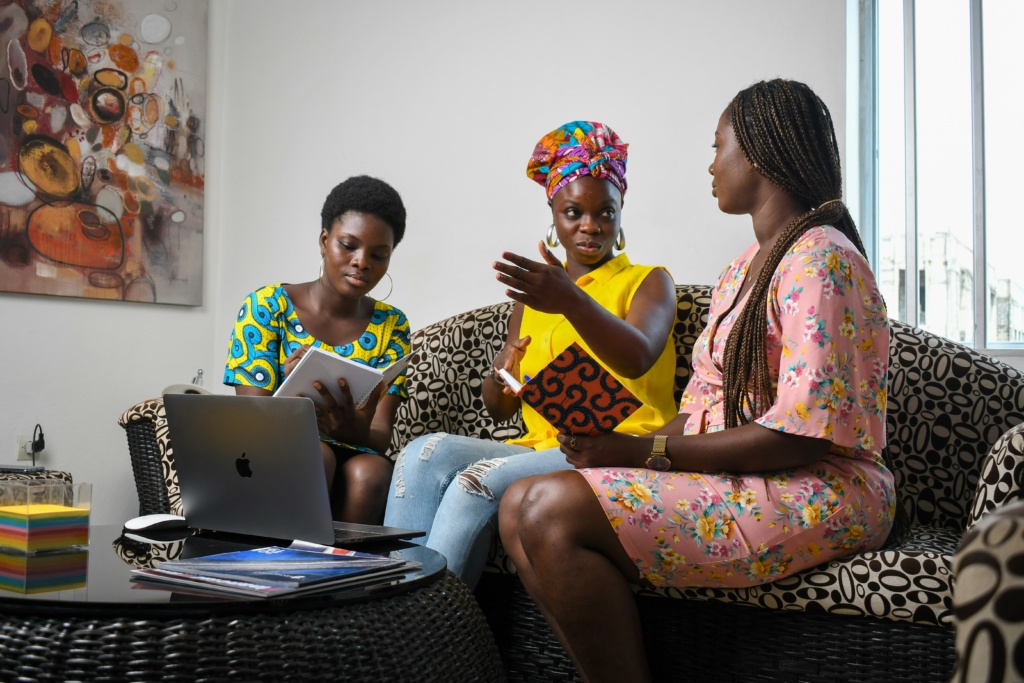Why This Bill?

The Significance of "the reserved seats for women" bill
Women’s political representation remains a critical aspect of gender equality and democracy. Despite global advancements in women’s rights and gender equity, women remain significantly underrepresented in political decision-making bodies, especially in many African countries, including Nigeria.
In the Nigerian National Assembly, women hold just a marginal percentage of seats, far below the 35% gender parity target set by international standards. With women making up half of the country’s population, their representation in elected offices is currently a mere 4.43%. This imbalance undermines the true representation of society in governance and threatens the socio-economic wellbeing of Nigeria.
After 26 years of democracy, Nigeria has the opportunity to change this status quo. Recently, the Nigerian House of Representatives passed a bill for a second reading that seeks to amend the Constitution and create special legislative seats for women in both the National and State Assemblies. This bill proposes creating one additional senatorial seat and one House of Representatives seat reserved for women in each state and the Federal Capital Territory (FCT).
Though the bill has faced opposition from some lawmakers who question its fairness, the #Reservedseatsforwomen campaign seeks to amplify the voices of Nigerian women advocating for political equality and inclusivity. By building widespread support, the campaign aims to ensure that women have a more significant, institutionalized voice in legislative matters, ultimately advancing Nigeria’s democracy and gender equity.
campaign objectives
• Advocate for Gender-Equitable Legislation:
Promote the passage of the bill that seeks to establish reserved seats for women in both the Senate and House of Representatives.
• Raise Awareness on Women’s Political Participation:
Increase public awareness of the importance of women’s representation in Nigerian politics and the barriers women face in accessing political power.
• Mobilize Public Support for the Bill:
Engage civil society organizations, grassroots movements, and Nigerian citizens—especially women—to advocate for the bill’s passage.
• Debunk Opposition Myths:
Counter opposition arguments by providing evidence-based advocacy, clarifying misconceptions, and demonstrating the necessity of reserved seats for women.
• Empower and Amplify Women’s Voices:
Highlight successful female leaders in business and politics, create platforms for women to engage in political discourse, and amplify their collective demand for greater political representation.
expected outcomes
Increased Public Support:
Mobilizing a large number of citizens, particularly women, to advocate for the bill, building broad public consensus on the importance of women’s seats in parliament.
• Successful Passage of the Bill:
Ensuring the bill passes both the National Assembly and the Senate, becoming part of Nigeria’s legal framework for promoting women’s representation.
• Increased Political Representation for Women:
A significant increase in the number of women in the National Assembly, leading to more gender-sensitive policies and inclusive national governance.
• Stronger Women’s Political Networks:
Expanding the network of politically active women, enhancing their capacity to influence policymaking at all levels of government.
bottom line
The #Reservedseatsforwomen campaign seeks to ensure Nigerian women have an institutionalized voice in the legislative process by advocating for the passage of the Reserved Seats for Women bill. This initiative is a crucial step toward achieving gender equality in governance, allowing for policies that better reflect the needs and aspirations of women and creating a more inclusive and representative political system. Through public engagement, advocacy, and strategic lobbying, #Reservedseatsforwomen aims to transform Nigeria’s political landscape, empowering women to shape the nation’s future.